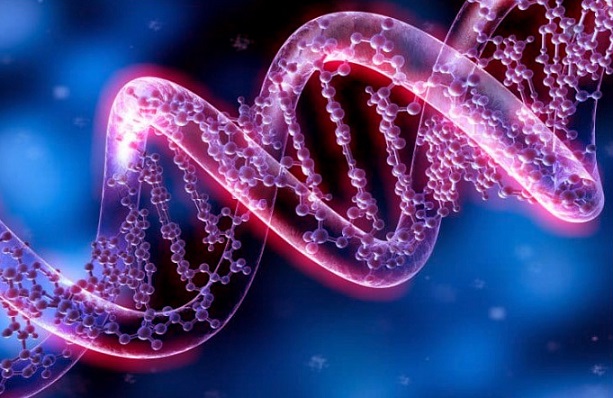COVID-19 Causes Genetic Changes That Leads to Fatigue, Breathlessness and Cardiovascular Issues!
Nikhil Prasad Fact checked by:Thailand Medical News Team Aug 18, 2025 5 months, 2 weeks, 10 hours ago
Medical News: Rising Concerns Over Post COVID Heart Problems
Researchers from Amity University, Haryana, India have uncovered new evidence showing how COVID-19 survivors face higher risks of developing cardiovascular diseases. Even months after recovery, many patients continue to suffer from lingering health complications, with heart conditions emerging as one of the most dangerous threats. This
Medical News report highlights how hidden changes at the genetic level may be driving these heart-related problems.
 COVID-19 Causes Genetic Changes That Leads to Fatigue, Breathlessness and Cardiovascular Issues
How The Study Was Conducted
COVID-19 Causes Genetic Changes That Leads to Fatigue, Breathlessness and Cardiovascular Issues
How The Study Was Conducted
The research team analyzed gene expression data from the Gene Expression Omnibus (GEO) database. By using advanced tools like PCA analysis and the limma package, they were able to detect differences in genetic activity between healthy individuals and those who had recovered from COVID-19. Their investigation revealed specific differentially expressed genes (DEGs) and identified how they are controlled by transcription factors—molecules that regulate how genes turn on or off.
Key Genetic Findings
The scientists found seven critical genes behaving abnormally in post-COVID patients—five were suppressed while two were unusually active. Among these, the HBA2 gene stood out. Normally, this gene helps produce hemoglobin, which carries oxygen in the blood. Its regulation by transcription factors such as ATRX, GATA1, and KLF4 appears disrupted, which could affect both oxygen delivery and heart function. This abnormal control may explain why some recovered patients continue to experience chest pain, fatigue, or shortness of breath.
Inflammation and Immune Pathways
The study also showed that immune regulators NF-κB1 and SLA2 influence inflammation by lowering the activity of the CD69 gene. CD69 plays a role in immune system signaling, and its suppression could lead to unchecked inflammation. Persistent inflammation has long been linked with heart disease, and this discovery suggests COVID-19 may leave behind a dangerous “molecular scar” that keeps the immune system in a harmful overdrive mode.
What These Findings Mean for Patients
This research provides one of the clearest pictures yet of how COVID-19 leaves a genetic imprint that can contribute to cardiovascular disease long after recovery. By identifying the exact transcription factors and genes involved, scientists now have new targets for potential treatments that could prevent or reduce these heart risks. However, further studies and clinical validation are still needed before therapies can be developed.
The study findings were published in the peer reviewed Journal of Cellular Biochemistry
https://onlinelibrary.wiley.com/doi/10.1002/jcb.70059
These results show that COVID-19 i
s far more than a short-term infection. It can trigger long-lasting molecular changes that may silently increase the risk of heart problems. Understanding these genetic pathways will be crucial for designing early interventions, monitoring recovered patients more closely, and protecting millions from future cardiovascular complications linked to the virus.
For the latest COVID-19 news, keep on logging to Thailand
Medical News
Read Also:
https://www.thailandmedical.news/news/viral-rna-from-covid-19-virus-found-to-directly-sabotage-the-heart-by-mimicking-genetic-mechanisms
https://www.thailandmedical.news/news/study-finds-that-long-covid-linked-to-accelerated-aging-and-epigenetic-changes
https://www.thailandmedical.news/news/breaking-news-even-asymptomatic-sars-cov-2-infections-cause-dna-methylation-and-epigenetic-changes,-leading-to-immune-dysregulation
